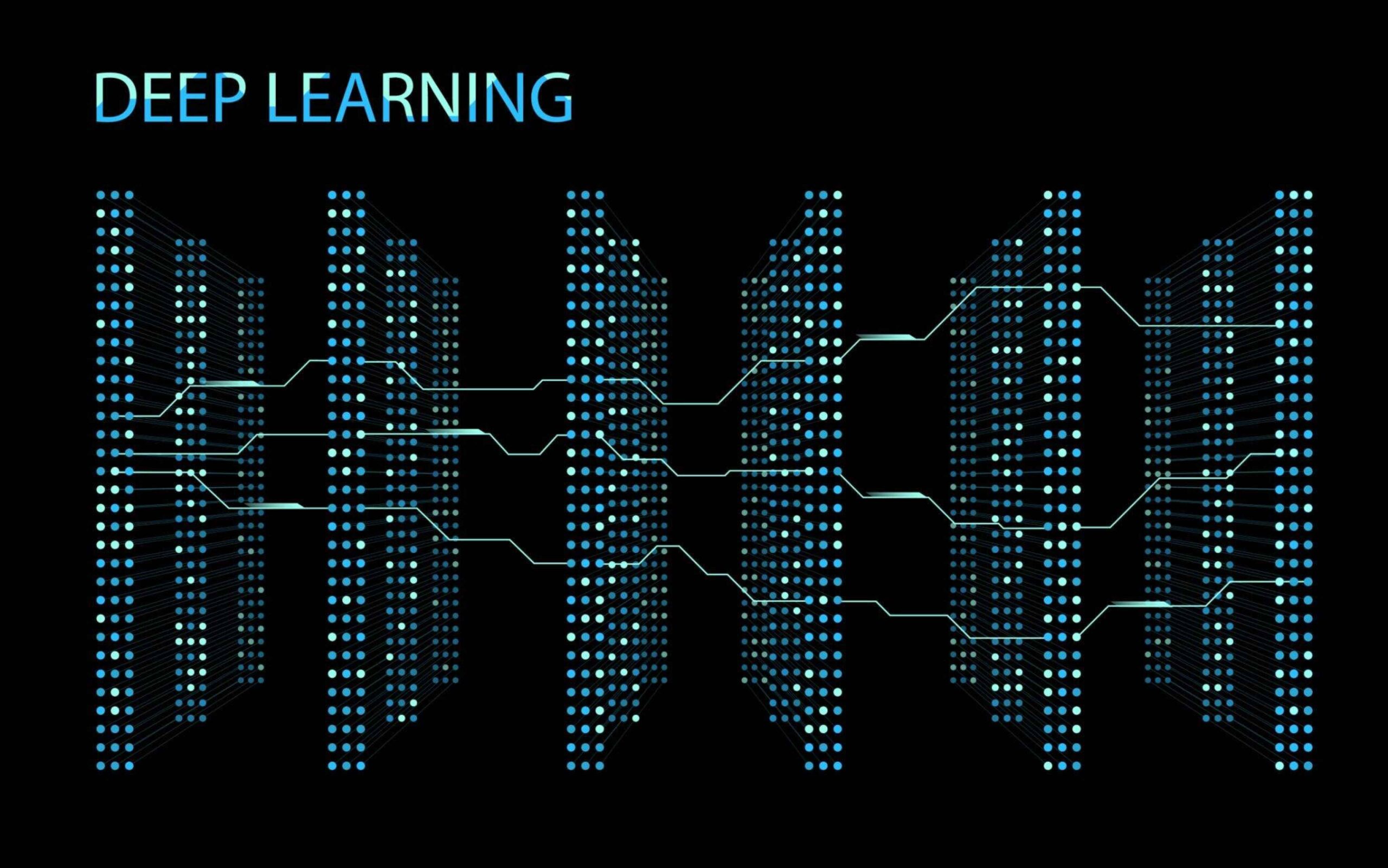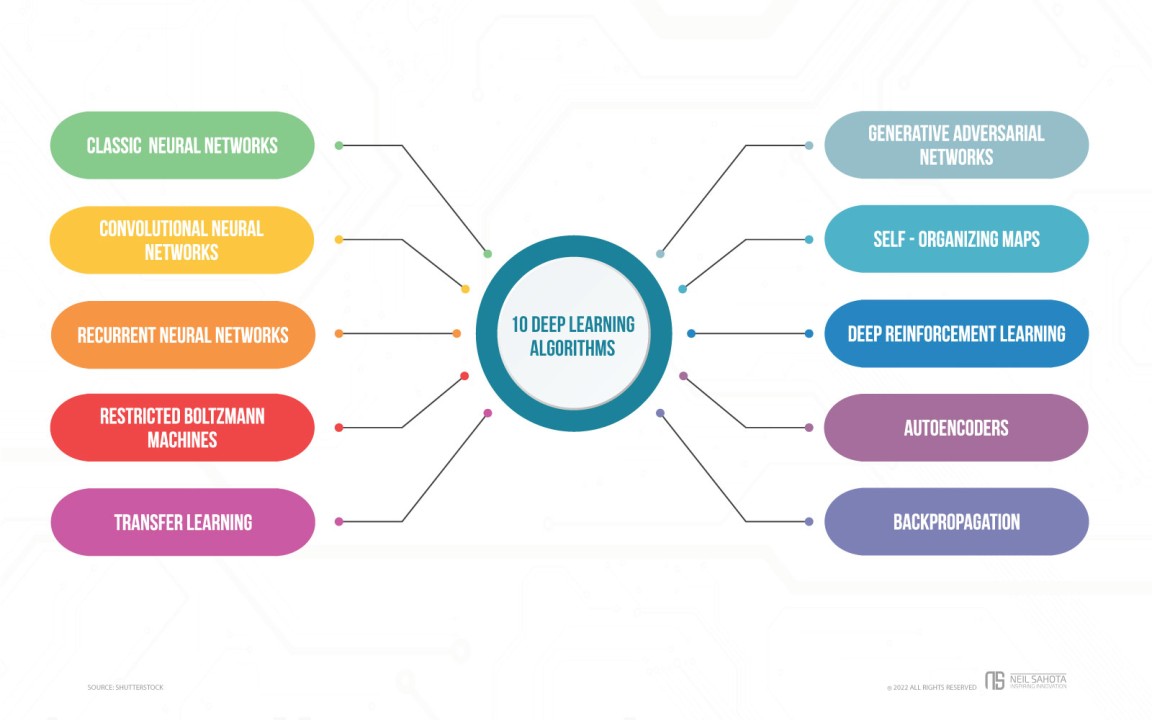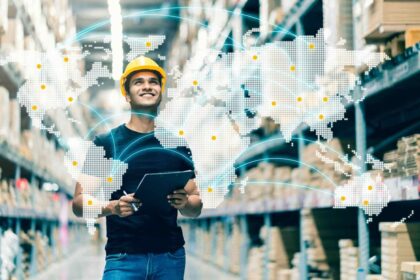Deep learning has positively impacted the business industry by enabling organizations to process and analyze vast amounts of data, leading to new insights and better decision-making. Deep learning algorithms are used for predictive analytics and personalization in finance, healthcare, and marketing.
Deep learning algorithms have significantly advanced computer vision and natural language processing, automating image and text analysis tasks. Autonomous systems such as virtual assistants, chatbots, self-driving cars, and drones rely on deep learning algorithms to make real-time decisions. The ability of deep learning algorithms to learn from vast amounts of data and make predictions has made them indispensable tools for many businesses.
However, with the rise of deep learning, concerns about its potential impact on employment and privacy exist. So, this article will discuss every aspect of deep learning in business, including deep learning intro, introduction to deep learning, and deep learning basics.
Contents
1. Introduction to Deep Learning
Artificial Intelligence (AI) has many subsets. Still, deep learning is one of the most common subfields of it that uses algorithms inspired by the structure and function of the human brain. These algorithms, called neural networks, can learn from vast amounts of data and be trained to perform various tasks, such as image classification and speech recognition. Unlike traditional machine learning algorithms, deep learning algorithms can learn multiple levels of abstraction, automatically extracting features and representations from data without requiring manual feature engineering.
Now, let’s understand Deep Learning basics. Deep learning algorithms consist of multiple layers of artificial neurons connected by weighted links. Each layer performs a series of computations on the data it receives, transforming the input into a new representation passed on to the next layer.
The network’s final layer produces the algorithm’s output: a prediction, classification, or another type of decision. The algorithm learns by adjusting the weights of the connections between neurons based on the error between predicted and actual outputs.
2. Impact of Deep Learning on the business world
Deep learning impacts the business world. The following are the most common applications of Deep Learning in business:
1. Predictive Analytics:
Deep learning algorithms are used for predictive analytics in various industries, such as finance, healthcare, and marketing. For example, a financial institution might use deep learning algorithms to predict stock prices or detect fraud in financial transactions. In the healthcare sector, deep learning algorithms are used to diagnose diseases, predict patient outcomes, and recommend treatments. In marketing, deep learning algorithms personalize customer experiences and predict consumer behavior.
2. Computer Vision:
Deep learning algorithms have significantly advanced computer vision, allowing businesses to automate image and video analysis tasks. For example, in retail, deep learning algorithms are used to analyze images of products and automatically categorize them for easier searching and browsing. In logistics, deep learning algorithms are used to inspect packages for damages and deviations from standard patterns.
3. Natural Language Processing (NLP):
Deep learning algorithms have also significantly impacted natural language processing (NLP), enabling businesses to analyze and understand human language. For example, deep learning algorithms are used in customer service to answer customer questions, automate chatbots, and provide personalized recommendations. Deep learning algorithms are used to analyze legal documents and extract relevant information in the legal industry.
4. Autonomous Systems:
Deep learning algorithms are also used to build autonomous systems, such as chatbots, translations, self-driving cars, and drones. These systems rely on deep learning algorithms to make real-time decisions based on their environment and the data they receive from sensors. For example, deep learning algorithms are used in the transportation industry to optimize routing and delivery schedules, reducing costs and improving efficiency.
Image source: https://www.linkedin.com/
Real-life applications of Deep Learning
| Predictive Analytics | 1. Stock price prediction in finance
2. Fraud detection in financial transactions 3. Diagnosing diseases and predicting patient outcomes in healthcare 4. Personalizing customer experiences and predicting consumer behavior in marketing |
| Computer Vision | 1. Automating image analysis and categorization in retail
2. Inspecting packages for damages in logistics |
| Natural Language Processing (NLP) | 3. Automating customer service and chatbots
4. Analyzing and understanding human language in customer service 5. Extracting relevant information from legal documents in the legal industry |
| Autonomous Systems | 1. Optimizing routing and delivery schedules in transportation
2. Making real-time decisions in self-driving cars, maps, and drones |
| Speech Recognition | 1. Automating call centers and improving customer service
2. Improving accessibility for individuals with disabilities |
| Personalized Recommendations | 1. Recommending products and services to customers in e-commerce
2. Personalizing content and advertisements in media and entertainment |
| Chatbots | 1. Providing customer support and answering customer questions in various industries
2. Automating routine tasks and improving efficiency in customer service |
Wrapping Up
Deep learning can offer significant benefits for businesses in various industries. The business industry can use deep learning for image and video recognition, object detection, and image segmentation. Moreover, it can also use deep learning for text classification, sentiment analysis, language translation, and chatbots.
Deep learning is also helpful in personalizing product and content recommendations. It can also be used to identify fraud patterns in financial transactions. Businesses can use deep learning to predict equipment failures and schedule maintenance. Besides, deep learning helps companies predict future sales and optimize inventory management. It also enhances customer service through chatbots and virtual assistants.
Moreover, implementing deep learning solutions in businesses often requires large amounts of data and computing power. Still, with the right resources, companies can expect improved efficiency, increased accuracy, and reduced costs.
Completing a deep learning course from a reputable institution can benefit your career by comprehensively understanding the latest techniques and technologies in artificial intelligence and machine learning. It can enhance your technical skills and increase marketability, making you a valuable asset to companies looking to implement AI solutions. Additionally, it can help you stay updated with industry developments and advancements, allowing you to stay ahead in a rapidly evolving field. You can consider accreditation, faculty, location, and fees to select the best deep learning course.





